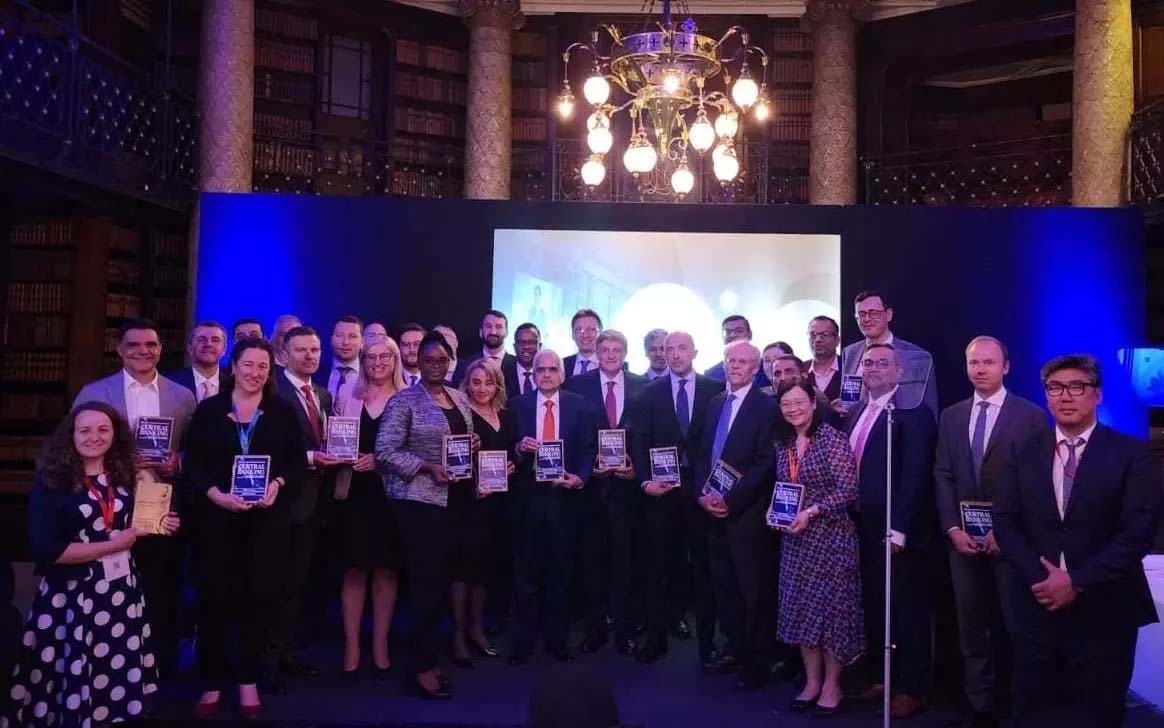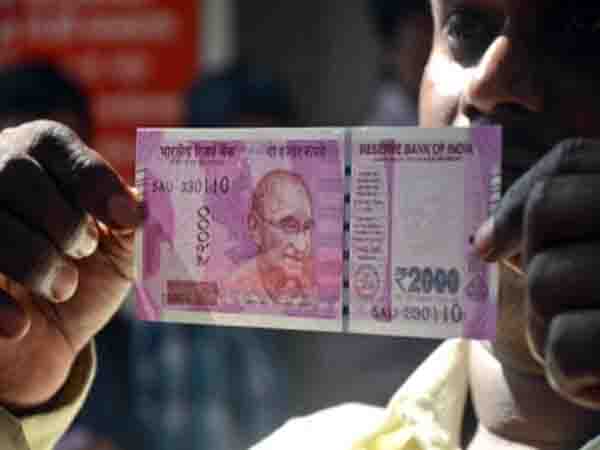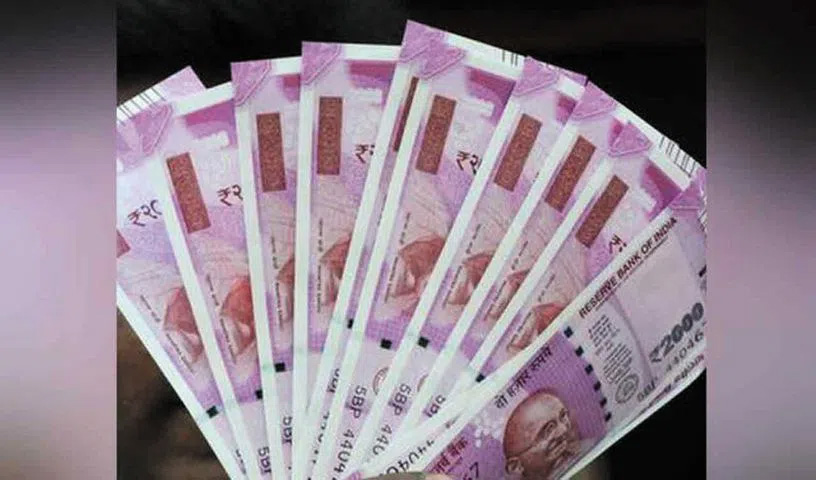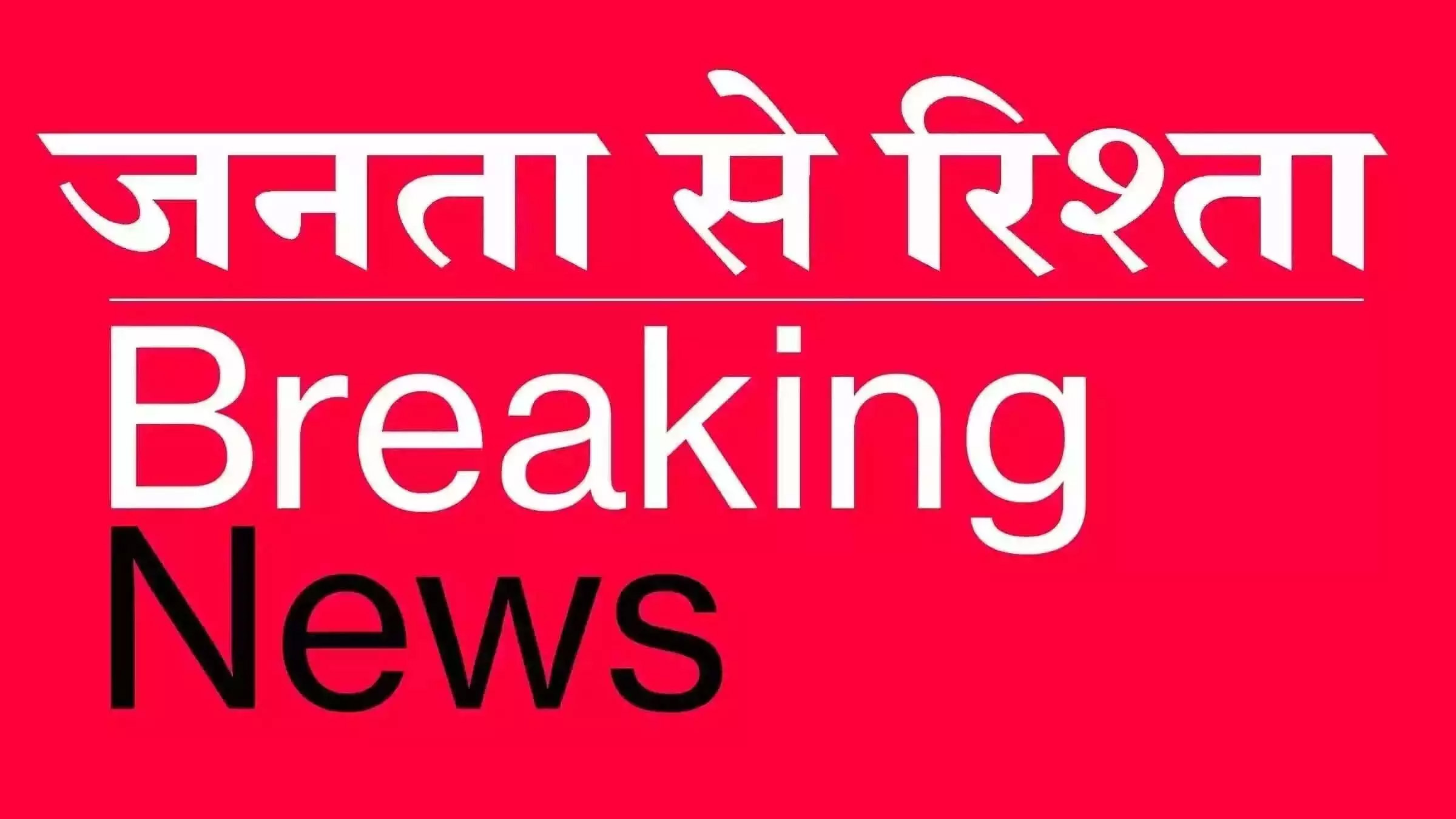Mumbai: Jewellers in India, the world’s second largest gold consuming country after China, have started receiving more inquiries for purchase of gold or silver immediately after the Reserve Bank’s announcement to withdraw Rs 2,000 notes from circulation.
However, there is no panic buying of the precious metal unlike the situation witnessed in 2016 during demonetisation, jewellers body GJC said on Sunday.
In fact in the last two days, the actual gold purchase has been less in exchange of Rs 2,000 notes due to strict Know your Customer (KYC) norms although sources said some jewellers have started charging a 5-10 per cent premium, taking the gold prices to Rs 66,000 per 10 grams level.
Currently, gold prices have corrected to around Rs 60,200 per 10 grams level in the country.
“There have been a lot of inquiries about purchasing gold or silver with Rs 2,000 notes, hence the higher footfalls on Saturday. However, due to strict KYC norms actual purchase has been less,” apex industry body All India Gem And Jewellery Domestic Council (GJC) Chairman Saiyam Mehra told PTI.
There is “no such panic” and footfalls have also settled down as the RBI has kept a larger window of four months as the deadline for withdrawing the pink notes from the market, he said.
On May 19, the Reserve Bank of India (RBI) announced withdrawal of Rs 2,000 currency notes from circulation but gave public time till September 30, to either deposit such notes in accounts or exchange them at banks. It has asked banks to stop issuing Rs 2,000 notes with immediate effect.
Mehra further said implementation of goods and services tax (GST) and Bureau of Indian Standard (BIS)’ hallmarks has encouraged jewellery manufacturers to become organised and carry out formal business.
“Large-denomination currency notes are normally required to deal in cash, which has now become insignificant in India’s jewellery industry and consumers are more inclined towards digital formats.
Therefore, the withdrawal of Rs 2,000 currency notes will not have a major impact on India’s gold and jewellery business,” he added.
However, according to sources, many jewellery retailers did sell gold on Saturday against Rs 2,000 notes and that too at a premium rate.
PNG Jewellers Chairman and Managing Director Saurabh Gadgil said, “The practice of taking Rs 2,000 notes in lieu of gold at a premium rate is something that may exist only in the unorganised sector. The organised jewellery players stay miles away from such things.” Nemichand Bamalwa & Sons partner Bachhraj Bamalwa said, “There are some inquiries, but there is no rush for gold buying. It should increase from tomorrow.” Jewellers are selling gold complying with KYC norms as per the income tax as well as ant-money laundering laws, he said.
Commtrendz Research co-founder and director Gnanasekar Thiagarajan said that in the demonetisation has always led people to gold. However, the difference this time is that there are a lot of compliances in place.
Unlike the demonetisation of Rs 500 and Rs 1,000 notes in 2016, the number of people holding Rs 2,000 notes are less as the RBI had stopped printing them in 2018-19 and they were rarely in circulation.
Any purchase of gold, silver, jewellery, or precious gems and stones below Rs 2 lakh does not require a permanent account number (PAN) or Aadhaar of a customer as mandatory KYC document.



